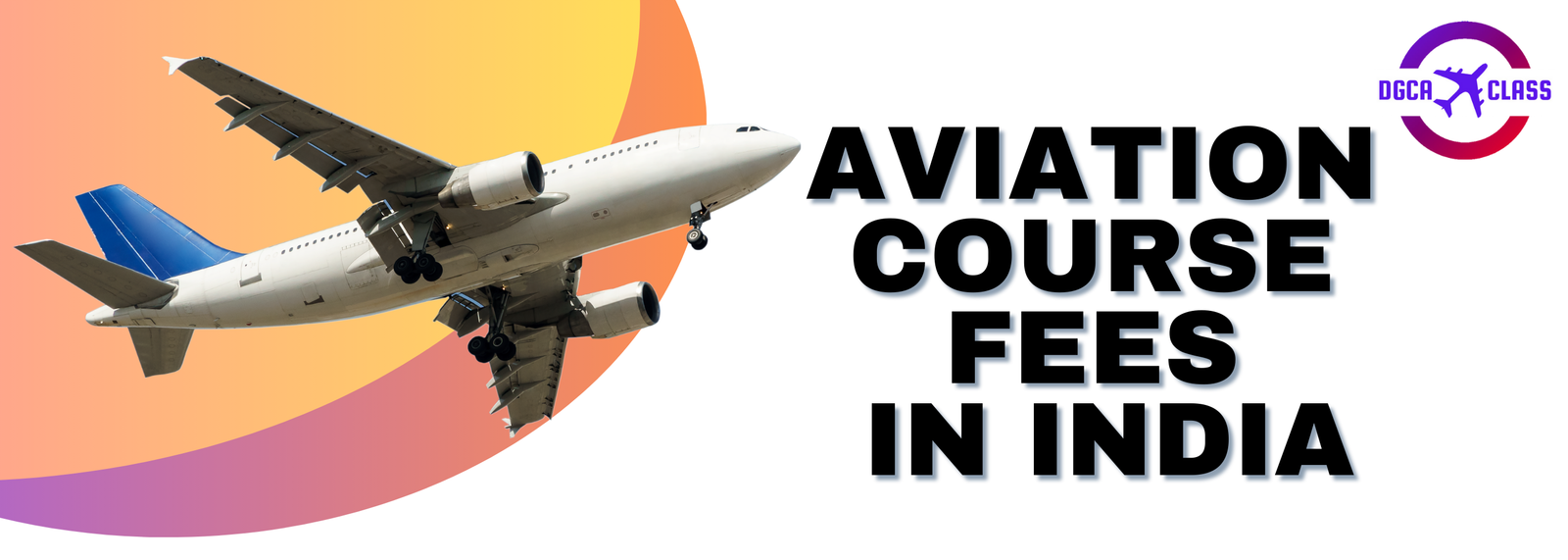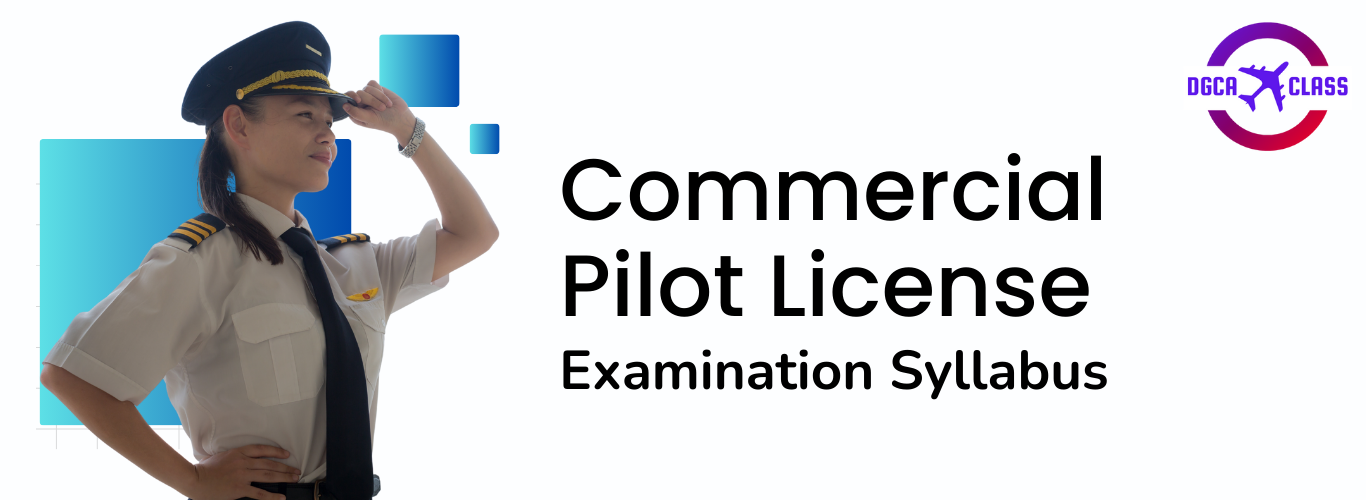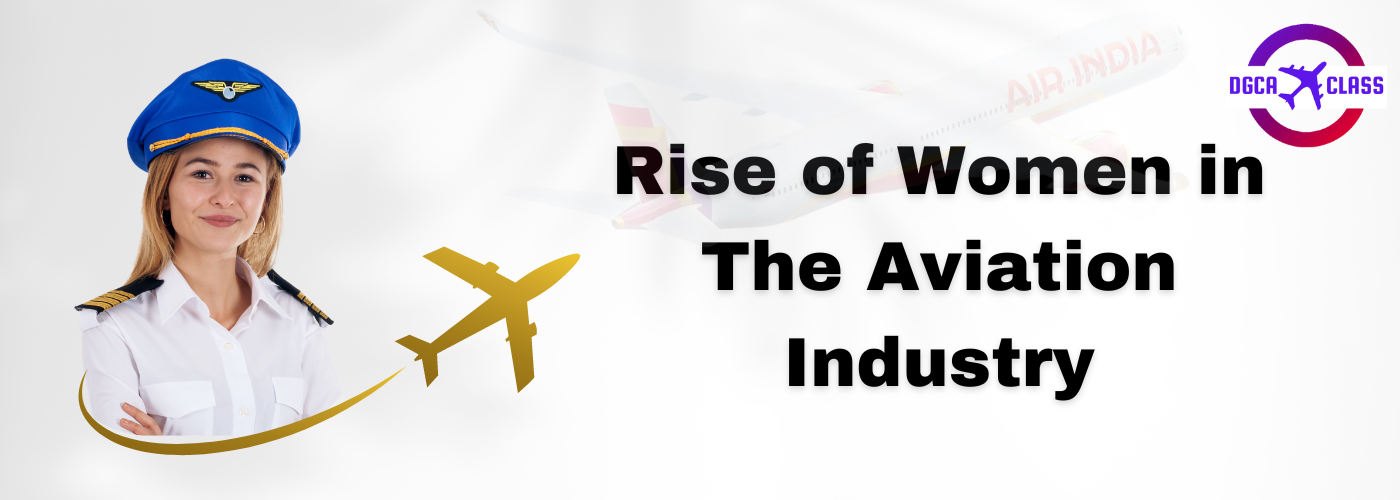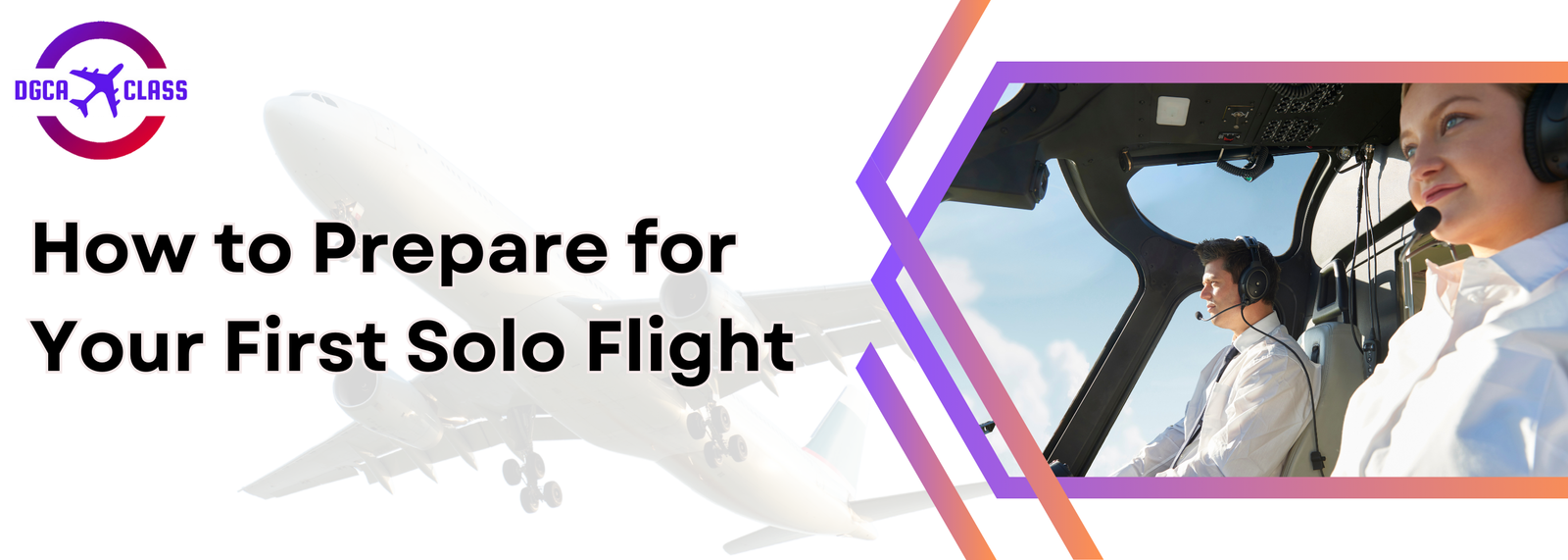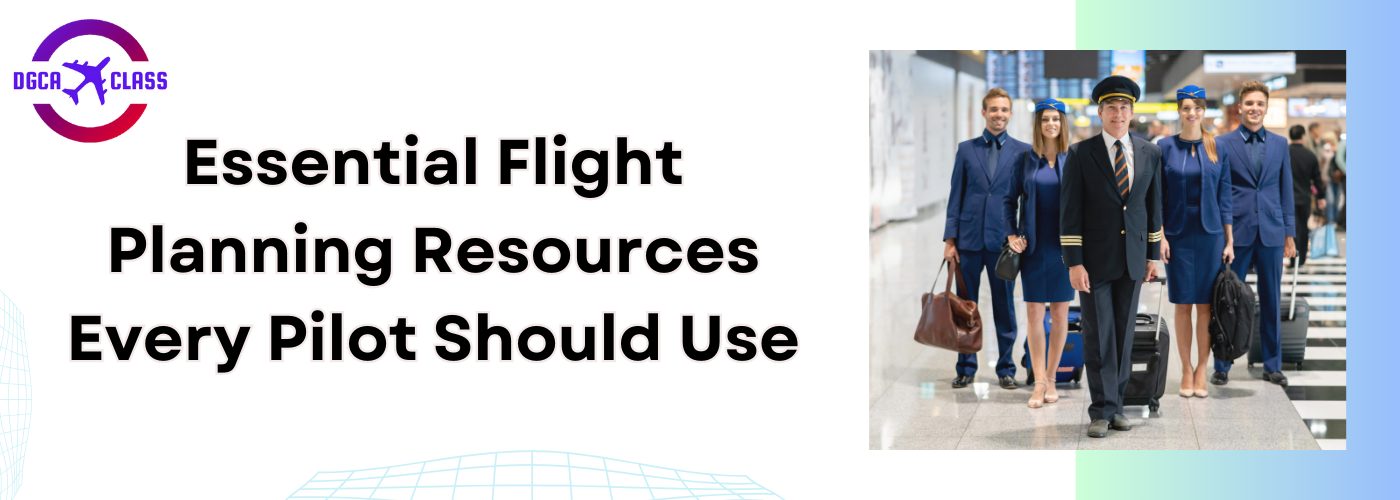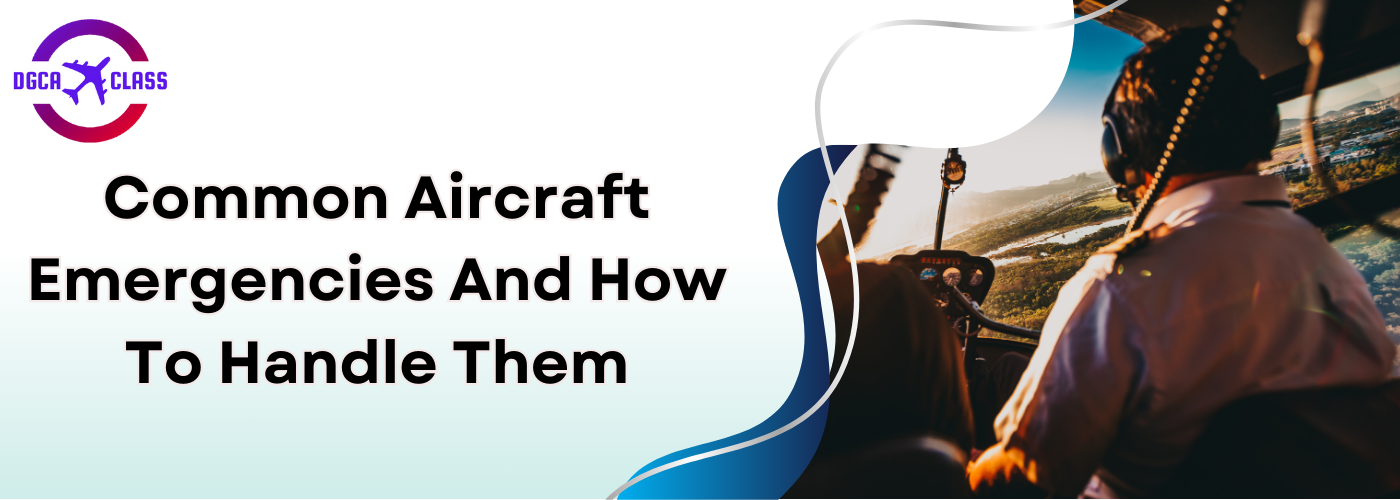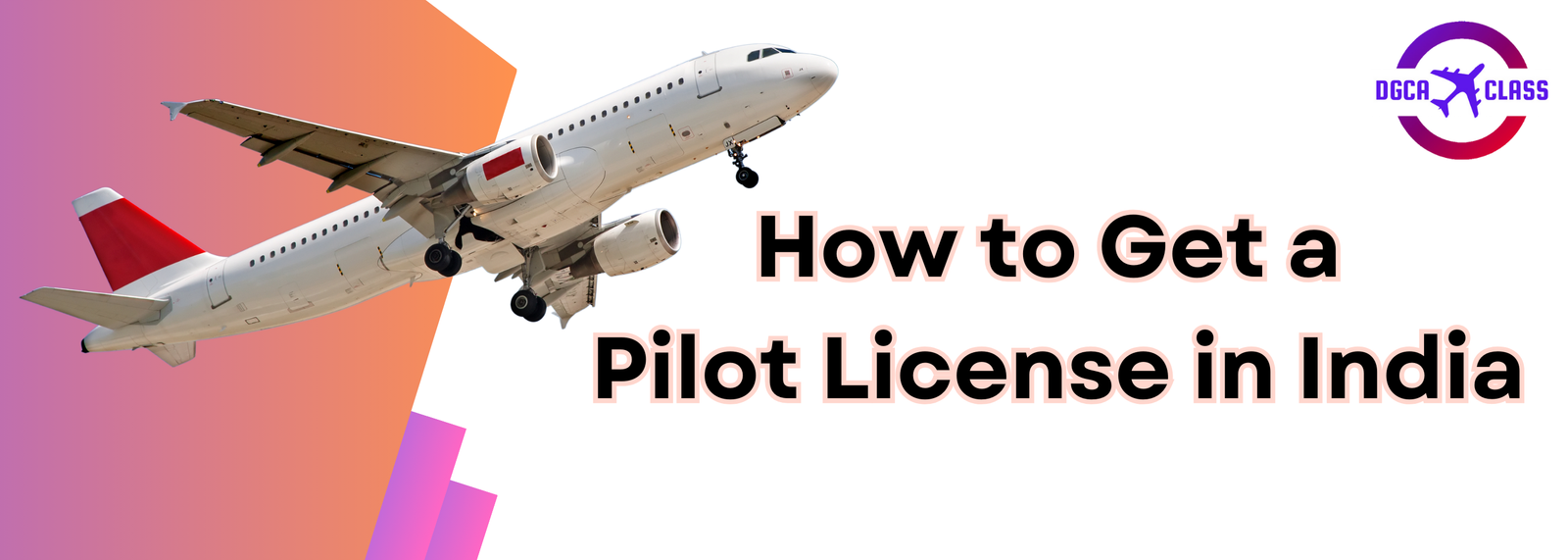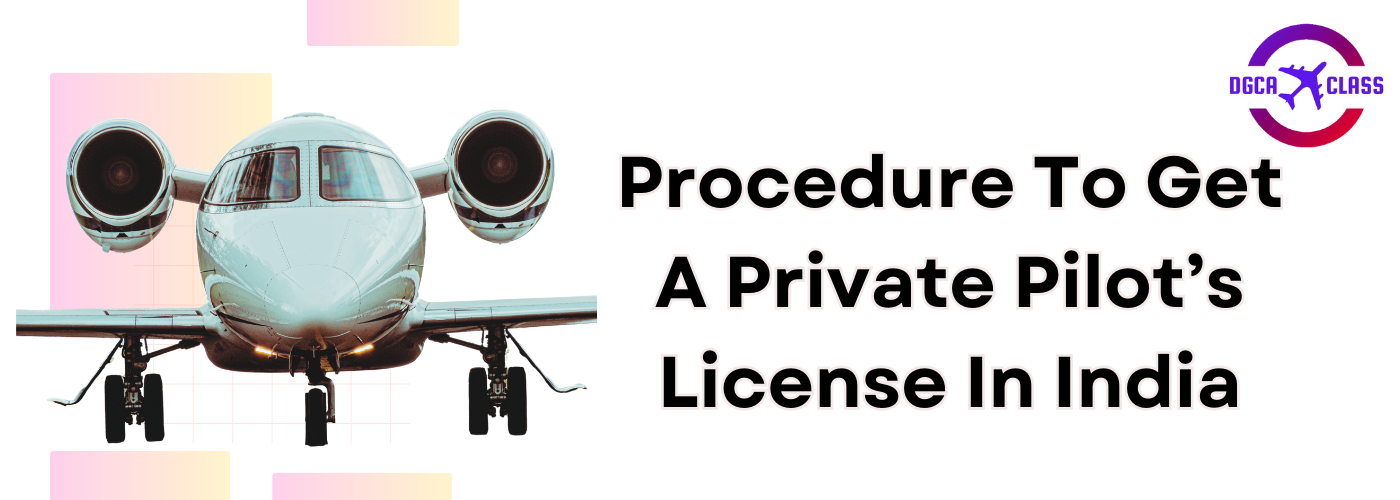Aviation is a captivating field that promises not just adventure but also lucrative career opportunities. However, embarking on this journey involves understanding the financial investment required.
This blog will delve into various aspects of aviation course fees in India, providing a detailed overview of costs, course types, aviation course details, aviation course duration, aviation course subjects, aviation course eligibility, aviation fees and career prospects.
An aviation course encompasses a variety of programs designed to train individuals in different sectors of the aviation industry. The term aviation course or aeronautical courses broadly refers to educational programs related to the operation, maintenance, and management of aircraft. These courses range from technical training for pilots and engineers to administrative and service-oriented programs like airport management and cabin crew training.
An aviation course refers to a structured educational program designed to provide students with the knowledge and skills required to pursue various careers within the aviation industry. These courses cover a broad range of topics depending on the specific focus area, such as piloting, aircraft maintenance, aviation management, or airport operations.
| Aspect |
Details |
| Objective |
To train students to become professional pilots. |
| Training |
Flight principles, navigation, meteorology, aviation regulations, and practical flying experience. |
| Duration |
1-2 years. |
| Eligibility |
High school diploma, proficiency in English and math, and medical fitness. |
| Fees |
Vary widely, often significant due to practical flight training costs. |
-
Objective: To train students to become professional pilots.
-
Training: Flight principles, navigation, meteorology, aviation regulations, and practical flying experience.
-
Duration: 1-2 years.
-
Eligibility: High school diploma, proficiency in English and math, and medical fitness.
-
Fees: Vary widely, often significant due to practical flight training costs.
| Aspect |
Details |
| Objective |
To prepare students for maintaining and repairing aircraft. |
| Training |
Airframe and engine systems, avionics, safety standards, troubleshooting, and regulatory compliance. |
| Duration |
2-3 years. |
| Eligibility |
High school diploma with a focus on science subjects. |
| Fees |
Generally lower than pilot training but can still be substantial. |
-
Objective: To prepare students for maintaining and repairing aircraft.
-
Training: Airframe and engine systems, avionics, safety standards, troubleshooting, and regulatory compliance.
-
Duration: 2-3 years.
-
Eligibility: High school diploma with a focus on science subjects.
-
Fees: Generally lower than pilot training but can still be substantial.
| Aspect |
Details |
| Objective |
To provide foundational knowledge of the aviation industry. |
| Training |
Airport management, aviation safety, air traffic control, airline operations. |
| Duration |
1-2 years. |
| Eligibility |
High school diploma. |
| Fees |
Moderate, depending on the institution. |
-
Objective: To provide foundational knowledge of the aviation industry.
-
Training: Airport management, aviation safety, air traffic control, airline operations.
-
Duration: 1-2 years.
-
Eligibility: High school diploma.
-
Fees: Moderate, depending on the institution.
| Aspect |
Details |
| Objective |
To integrate business administration with aviation industry knowledge. |
| Training |
Management practices, aviation economics, marketing, human resources, strategic planning. |
| Duration |
3-4 years. |
| Eligibility |
High school diploma. |
| Fees |
Comparable to other business degree programs. |
-
Objective: To integrate business administration with aviation industry knowledge.
-
Training: Management practices, aviation economics, marketing, human resources, strategic planning.
-
Duration: 3-4 years.
-
Eligibility: High school diploma.
-
Fees: Comparable to other business degree programs.
| Attribute |
Details |
| Eligibility for Aviation Courses |
Typically requires a high school diploma with proficiency in English and math. Specific courses may have additional requirements. |
| Aviation Course Fees |
Can vary widely based on the course type, institution, and location. |
| Aviation Course Duration |
Ranges from 1 year for diplomas to 4 years for degree programs. |
| Career Opportunities |
Include roles such as commercial pilots, aircraft maintenance engineers, aviation managers, and various positions in airport and airline operations. |
-
Eligibility for Aviation Courses: Typically requires a high school diploma with proficiency in English and math. Specific courses may have additional requirements.
-
Aviation Course Fees: Can vary widely based on the course type, institution, and location.
-
Aviation Course Duration: Ranges from 1 year for diplomas to 4 years for degree programs.
-
Career Opportunities: Include roles such as commercial pilots, aircraft maintenance engineers, aviation managers, and various positions in airport and airline operations.
Understanding the aviation course meaning helps prospective students choose the right path based on their interests, career goals, and financial considerations.
An aviation course refers to a structured educational program designed to provide students with the knowledge and skills required to pursue various careers within the aviation industry.
For students who have completed their higher secondary education, there are several aviation courses after 12th that they can pursue.
-
Commercial Pilot Training: Commercial Pilot Training involves rigorous instruction to prepare students for a career as a professional pilot. This training covers theoretical knowledge and practical flying skills. Students learn about flight principles, navigation, meteorology, and aviation regulations. Practical training includes flight hours with experienced instructors in simulators and actual aircraft. Successful completion qualifies graduates to obtain a Commercial Pilot License (CPL), allowing them to work for airlines, cargo carriers, or private operators.
-
Aircraft Maintenance Engineering: Aircraft Maintenance Engineering (AME) focuses on the technical aspects of maintaining and repairing aircraft. This course covers various systems like airframes, engines, avionics, and electrical systems. AME students learn about safety standards, troubleshooting, and regulatory compliance. The training involves both classroom instruction and hands-on experience in workshops. Graduates become certified aircraft maintenance engineers, responsible for ensuring the safety and airworthiness of aircraft.
-
Diploma in Aviation: Diploma in Aviation is a broad-based program that provides foundational knowledge of the aviation industry. It includes topics such as airport management, aviation safety, air traffic control, and airline operations. This diploma aims to equip students with practical skills and a comprehensive understanding of the aviation sector, making them suitable for various entry-level positions within the industry.
-
BBA in Aviation Management: BBA in Aviation Management integrates business administration principles with specialized aviation knowledge. This program covers management practices, aviation economics, marketing, human resources, and strategic planning within the aviation context. Graduates are prepared for managerial and administrative roles in airlines, airports, aviation consulting firms, and regulatory bodies, ensuring efficient and effective aviation operations.
For graduate’s candidate, aviation courses after graduation take advanced programs like MBA in Aviation Management and specialized training in air aviation courses for already licensed pilots or engineers are available.
Both diploma and degree courses are available in the aviation sector. Diploma in Aviation typically covers fundamental aspects and is shorter in duration, whereas aviation degree courses provide a more in-depth understanding and are spread over a longer period.
| Program |
Duration |
| Commercial Pilot Training |
18-24 months |
| Aircraft Maintenance Engineering |
3 years |
| Diploma in Aviation |
1-2 years |
| BBA/MBA in Aviation Management |
3-2 years respectively |
-
Commercial Pilot Training: 18-24 months
-
Aircraft Maintenance Engineering: 3 years
-
Diploma in Aviation: 1-2 years
-
BBA/MBA in Aviation Management: 3-2 years respectively
Aviation subjects form the core of various aviation courses and provide the foundational knowledge and skills necessary for a career in the aviation industry. These subjects are integral to aviation courses after 12th and aviation degree courses, catering to diverse roles within the sector.
Teaches the principles and methods of navigating an aircraft from one point to another, including the use of navigation aids, map reading, and understanding airspace structures.
Focuses on weather patterns, atmospheric conditions, and their impact on flight operations. Topics include cloud formations, turbulence, and weather forecasting.
Covers the various mechanical and electronic systems within an aircraft, such as engines, hydraulics, avionics, and control systems.
Encompasses the laws and regulations governing aviation, including international and national aviation standards, air traffic control procedures, and compliance requirements.
Studies the principles of flight safety, risk management, and the psychological and physiological factors affecting pilots and crew.
Focuses on the management and operation of airports, including ground handling, passenger services, security, and airport infrastructure.
| Information |
Details |
| Aviation Course Duration |
Typically ranges from 1 to 4 years, depending on the course type (diploma, degree, or certification). |
| Aviation Course Fees |
Vary widely; for example, aviation course fees in India can range from moderate for diplomas to high for commercial pilot training. |
| Eligibility for Aviation |
Generally requires a high school diploma with proficiency in English and math. Specific courses may have additional requirements. |
| Career Opportunities |
Include roles as pilots, maintenance engineers, aviation managers, and airport operations specialists. |
| Aviation Course Fees in India |
Vary based on the institution and course type, with commercial pilot training being among the most expensive. |
-
Aviation Course Duration: Typically ranges from 1 to 4 years, depending on the course type (diploma, degree, or certification).
-
Aviation Course Fees: Vary widely; for example, aviation course fees in India can range from moderate for diplomas to high for commercial pilot training.
-
Eligibility for Aviation: Generally requires a high school diploma with proficiency in English and math. Specific courses may have additional requirements.
-
Career Opportunities: Include roles as pilots, maintenance engineers, aviation managers, and airport operations specialists.
-
Aviation Course Fees in India: Vary based on the institution and course type, with commercial pilot training being among the most expensive.
Understanding these aviation subjects is crucial for anyone pursuing a career in aviation after 12th or considering aviation courses.
These aviation subjects are designed to provide a comprehensive understanding of both theoretical and practical aspects of aviation.
| Eligibility for Aviation Courses |
Details |
| For pilot training |
Minimum age of 17 years and 50% in 10+2 with Physics and Mathematics. |
| For aircraft maintenance |
10+2 with Physics, Chemistry, and Mathematics. |
| For airline management courses |
Graduation in any discipline for postgraduate programs. |
| Aviation Qualification |
To qualify for aviation courses, students often need to pass entrance exams and medical fitness tests, particularly for pilot and aviation technical courses. |
-
Eligibility for Aviation Courses: Aviation course eligibility criteria generally include:
-
For pilot training: Minimum age of 17 years and 50% in 10+2 with Physics and Mathematics.
-
For aircraft maintenance: 10+2 with Physics, Chemistry, and Mathematics.
-
For airline management courses: Graduation in any discipline for postgraduate programs.
-
Aviation Qualification: To qualify for aviation courses, students often need to pass entrance exams and medical fitness tests, particularly for pilot and aviation technical courses.
Aviation course fees in India can vary widely depending on the aviation course type, institution, and aviation course duration.
| Program |
Fees |
| Commercial Pilot Training |
Fees ranging from INR 25 lakhs to 50 lakhs. |
| Aircraft Maintenance Engineering |
Cost between INR 3 lakhs to 10 lakhs. |
| Diploma Aviation Course Fees in India |
Range from INR 1 lakh to 3 lakhs depending on the institution and the specific curriculum. |
| BBA and MBA in Aviation Management |
BBA typically costs between INR 2 lakhs to 5 lakhs, while an MBA can range from INR 3 lakhs to 10 lakhs. |
| Cabin Crew Training |
Fees ranging from INR 1 lakh to 2 lakhs. |
-
Commercial Pilot Training: Commercial Pilot Training is one of the most expensive aviation courses in India, with fees ranging from INR 25 lakhs to 50 lakhs. This cost includes ground training, simulator training, and flying hours required to obtain a Commercial Pilot License (CPL).
-
Aircraft Maintenance Engineering: Aircraft Maintenance Engineering (AME) aviation courses cost between INR 3 lakhs to 10 lakhs for the entire aviation courses. This fee covers theoretical studies as well as practical training.
-
Diploma Aviation Course Fees in India: Diploma Aviation Course Fees in India range from INR 1 lakh to 3 lakhs depending on the institution and the specific aviation courses curriculum.
-
BBA and MBA in Aviation Management: A BBA in Aviation Management typically costs between INR 2 lakhs to 5 lakhs, while an MBA in Aviation Management can range from INR 3 lakhs to 10 lakhs.
-
Cabin Crew Training: Cabin Crew Training programs usually have fees ranging from INR 1 lakh to 2 lakhs. This aviation courses duration are shorter but intensive in nature, focusing on in-flight service, safety, and emergency procedures.
| Additional Costs |
Details |
| Medical Examinations |
Essential for pilot training and can cost between INR 10,000 to 50,000. |
| Uniform and Study Materials |
Can add an additional INR 50,000 to 1 lakh. |
| License Fees |
For pilots, the cost of obtaining various licenses can add up to INR 2 lakhs. |
-
Medical Examinations: Essential for pilot training and can cost between INR 10,000 to 50,000.
-
Uniform and Study Materials: Can add an additional INR 50,000 to 1 lakh.
-
License Fees: For pilots, the cost of obtaining various licenses can add up to INR 2 lakhs.
India boasts several prestigious institutions offering aviation courses.
Here are some top colleges:
-
Indira Gandhi Institute of Aeronautics (IGIA)
-
Rajiv Gandhi Academy of Aviation Technology
-
Hindustan Aviation Academy
-
Indian Institute of Aeronautics
-
National Institute of Aviation Management and Research (NIAMAR)
These airline institutions are renowned for their comprehensive curriculum and state-of-the-art training facilities.
A career in aviation is not only financially rewarding but also offers immense job satisfaction.
| Career |
Starting Salary (INR per month) |
| Commercial Pilot |
Ranges from INR 1.5 lakhs to 2 lakhs. |
| Aircraft Maintenance Engineer |
Average starting salary is INR 40,000 to 60,000. |
| Airport Manager |
Salary ranges from INR 50,000 to 1 lakh. |
| Cabin Crew |
Starting salary typically INR 25,000 to 50,000. |
| Aviation Management |
Starts from INR 50,000 per month. |
-
Commercial Pilot: A career as a Commercial Pilot is one of the most sought-after in the aviation industry. Pilots are responsible for flying passengers and cargo, ensuring the safety and comfort of all aboard. The starting salary for a commercial pilot in India ranges from INR 1.5 lakhs to 2 lakhs per month.
-
Aircraft Maintenance Engineer: Aircraft Maintenance Engineers (AMEs) play a crucial role in maintaining aircraft to ensure safety and compliance with aviation regulations. The average starting salary for an AME is INR 40,000 to 60,000 per month.
-
Airport Manager: Airport Managers are responsible for the smooth operation of airport facilities, managing staff, and ensuring passenger satisfaction. The salary for airport managers can range from INR 50,000 to 1 lakh per month.
-
Cabin Crew: A job as a Cabin Crew member involves ensuring the safety and comfort of passengers during flights. The starting salary for cabin crew members is typically INR 25,000 to 50,000 per month.
-
Aviation Management: Graduates with a degree in Aviation Management can pursue roles in airline operations, airport management, cargo management, and more. Salaries in aviation management start from INR 50,000 per month and can go much higher with experience and expertise.
Investing in an aviation course in India is a significant financial commitment but one that can lead to a rewarding career in a dynamic and growing industry. Whether you aspire to be a commercial pilot, an aircraft maintenance engineer, or a management professional in the aviation sector, understanding the various aviation courses, aviation course details, aviation course duration, aviation course eligibility, and air aviation course costs is crucial. With the right education and training, the sky is truly the limit.
An aviation course is a program designed to train individuals in various aspects of the aviation industry, including piloting, aircraft maintenance, air traffic control, airport management, and cabin crew training.
The term "aviation courses" refers to educational programs that prepare students for careers in the aviation industry or airline industry. These courses cover technical, operational, and managerial aspects of aviation.
The aviation course fees in India vary widely. For example, commercial pilot training can cost between INR 25 to 50 lakhs, while aircraft maintenance engineering courses range from INR 3 to 10 lakhs. Diploma in aviation fees generally cost between INR 1 to 3 lakhs.
Aviation courses after 12th include commercial pilot training, aircraft maintenance engineering, diploma in aviation, and BBA in aviation management.
The fees for aviation courses after 12th can range from INR 1 lakh for diploma courses to INR 50 lakhs for pilot training programs.
Popular airline courses after 12th include cabin crew training, ground staff training, and commercial pilot training.
The aviation course duration varies: commercial pilot training takes 18-24 months, aircraft maintenance engineering takes 3 years, diploma courses last 1-2 years, and a BBA in aviation management takes 3 years.
Aviation subjects typically include air navigation, aviation meteorology, aircraft systems, air regulations, flight safety, and human factors, and airport operations.
Aviation eligibility criteria usually include a minimum age requirement, a high school diploma with a focus on physics and mathematics, and medical fitness for certain courses like piloting.
Qualifications for aviation courses can include a high school diploma for entry-level courses and a graduation degree for advanced courses like an MBA in aviation management.
The fees for a diploma in aviation range from INR 1 lakh to 3 lakhs, depending on the institution and specific course curriculum.
Career options in aviation after 12th include becoming a commercial pilot, aircraft maintenance engineer, airport manager, cabin crew member, or ground staff.
The duration varies: commercial pilot training takes 18-24 months, aircraft maintenance engineering takes 3 years, and diploma courses take 1-2 years.
Aviation-related courses include aviation management, air traffic control, airport operations, aircraft maintenance engineering, and flight training.
Airline course fees can vary significantly: cabin crew training fees range from INR 1 lakh to 2 lakhs, while commercial pilot training can cost between INR 25 to 50 lakhs.
Aviation course duration varies by program: pilot training is 18-24 months, AME is 3 years, diploma courses are 1-2 years, and BBA/MBA courses are 3-2 years respectively.
Eligibility criteria for aeronautical courses after 12th typically include 10+2 with Physics, Chemistry, and Mathematics, and a minimum age requirement of 17 years.
Aviation course subjects include air navigation, aviation meteorology, aircraft systems, air regulations, flight safety, human factors, and airport operations.
Aviation course fees in India range widely: pilot training costs between INR 25 to 50 lakhs, aircraft maintenance engineering costs between INR 3 to 10 lakhs, and diploma courses cost between INR 1 to 3 lakhs.
Aviation degree courses include BBA in Aviation Management, BSc in Aviation, BTech in Aeronautical Engineering, and MBA in Aviation Management.
